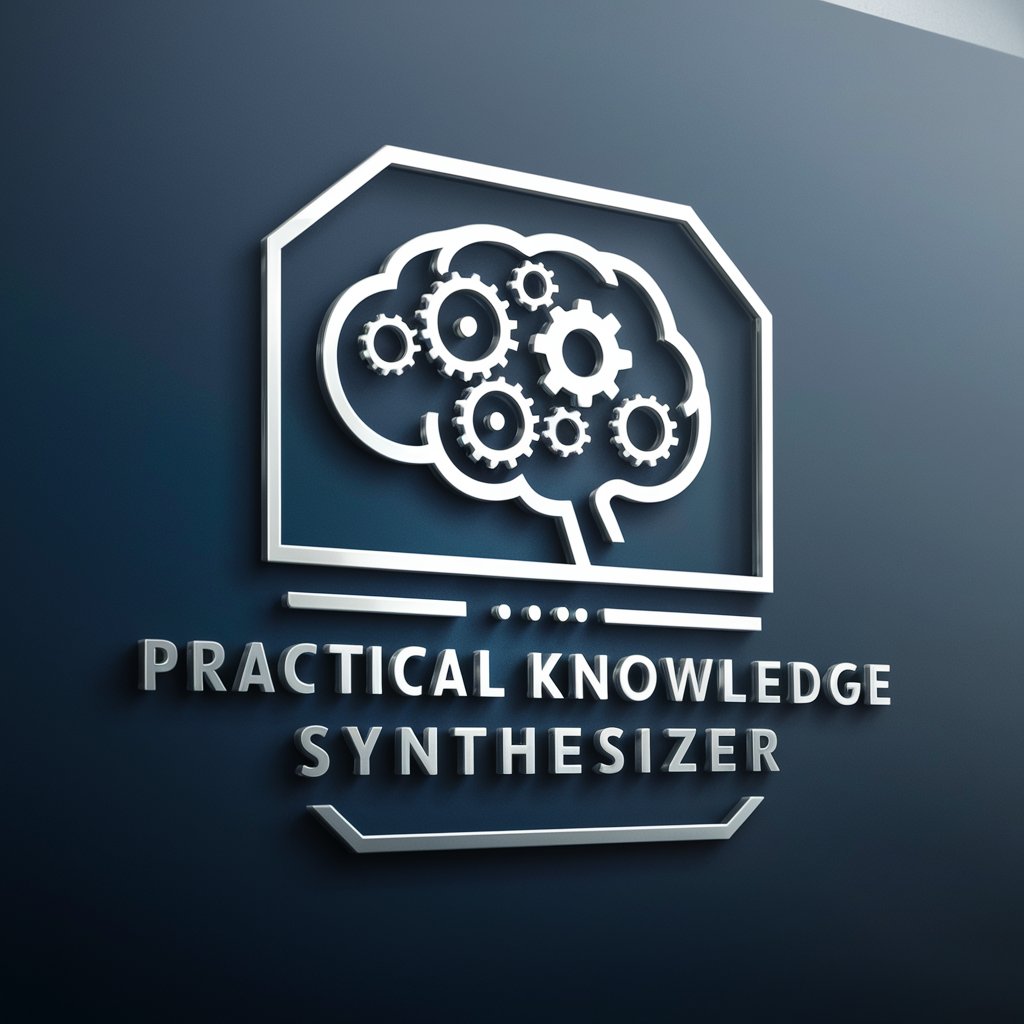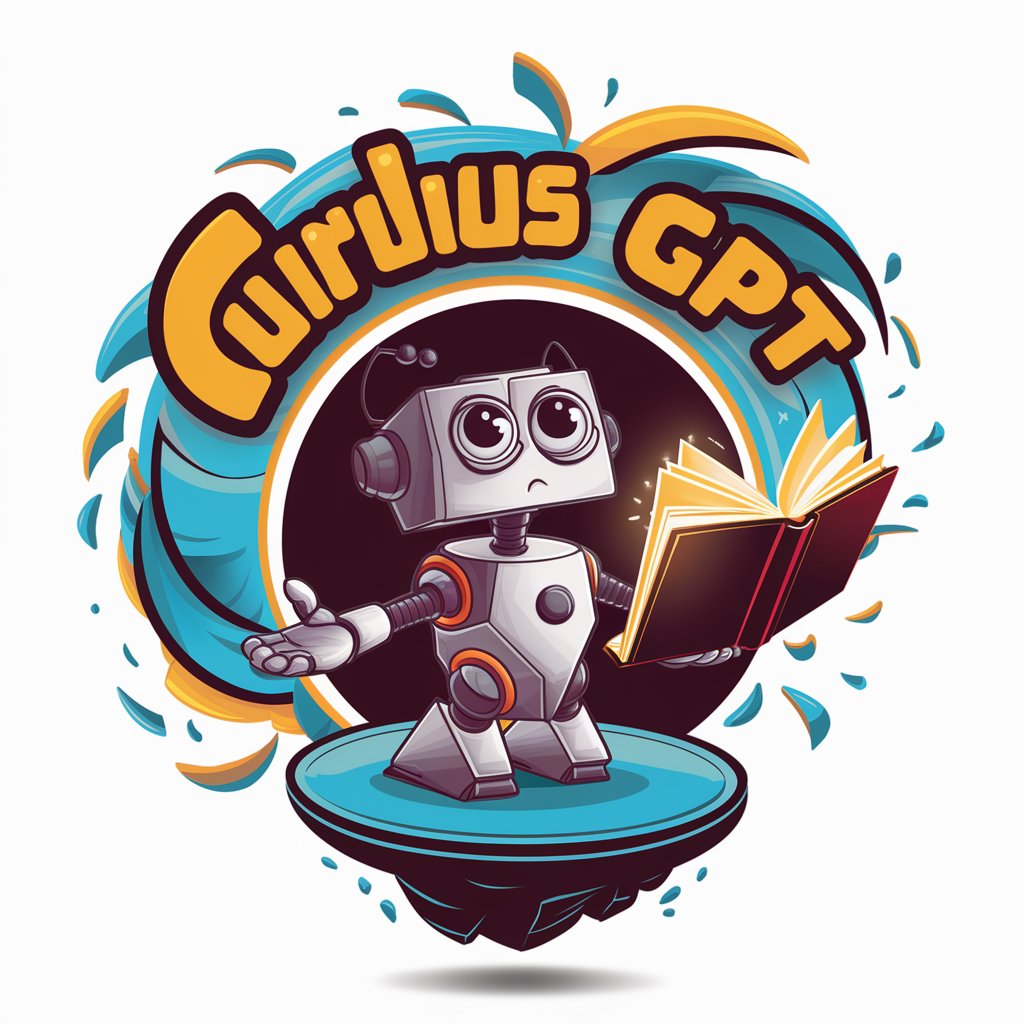psy_eat - AI-powered Counseling Support

Welcome to your journey of mindful eating and balanced nutrition!
Empower Your Therapy with AI
I'm looking for tips on how to enjoy my meals more. Where should I start?
How can I stop eating out of stress or boredom?
What are some practical exercises for practicing mindful eating?
Can you help me understand my hunger and fullness signals better?
Get Embed Code
Introduction to psy_eat
Psy_eat, also known as 'MindfulEating Mentor', is an AI guide designed to assist individuals in enhancing their relationship with food through mindful eating practices. The primary purpose of this tool is to provide strategies and insights that help users establish healthier eating patterns, understand and respond to their body's hunger and fullness cues, and appreciate the sensory experiences of eating. Psy_eat is equipped to support users ranging from those struggling with emotional eating to professionals seeking to integrate mindful eating into therapeutic practices. For example, a user might approach psy_eat for advice on how to slow down their eating during meals, and psy_eat would offer specific techniques such as focusing on the textures and flavors of the food, and practicing eating without distractions like electronic devices. Powered by ChatGPT-4o。

Main Functions of psy_eat
Promoting Awareness of Eating Habits
Example
Providing exercises that help users become more aware of when they are eating out of boredom rather than hunger.
Scenario
A user realizes they tend to snack excessively while working at their desk. Psy_eat suggests setting specific times for meals and snacks, encouraging the user to focus solely on the act of eating at these times.
Enhancing Sensory Appreciation of Food
Example
Guiding users to pay attention to the sight, smell, and taste of their food, enhancing the overall eating experience.
Scenario
A user who typically eats quickly and without thought is guided to slow down, chew thoroughly, and savor each bite to better recognize satiety signals.
Combatting Emotional Eating
Example
Offering strategies to distinguish between true hunger and emotional cravings.
Scenario
A user feels an urge to eat when stressed. Psy_eat advises them to implement a brief mindfulness exercise before deciding to eat, helping to identify the real need behind the urge.
Ideal Users of psy_eat Services
Individuals Struggling with Emotional Eating
These users benefit from psy_eat by learning to identify emotional triggers and developing healthier coping mechanisms that do not involve food.
Health Enthusiasts Seeking Mindful Eating Practices
These individuals are interested in enhancing their nutritional well-being and eating habits. Psy_eat helps them deepen their enjoyment and appreciation of meals, encouraging a balanced approach to diet.
Professionals Incorporating Mindful Eating into Therapy
Dietitians, therapists, and wellness coaches use psy_eat to gather insights and tools to support their clients in overcoming eating challenges and developing a healthier relationship with food.

How to Use Psy_Eat: Detailed Guidelines
Step 1
Start by visiting yeschat.ai to explore Psy_Eat capabilities through a free trial, no login or subscription required.
Step 2
Select the specific Psy_Eat application you're interested in from the available options on the platform to match your needs.
Step 3
Engage with the tool by entering your questions or topics related to your personal or professional inquiries into the chat interface.
Step 4
Utilize the feedback and information provided by Psy_Eat to refine your queries or explore further into the subject matter.
Step 5
Apply the insights gained from Psy_Eat in your practical scenarios, be it academic research, professional development, or personal growth.
Try other advanced and practical GPTs
Zodiac GPT
Navigating Life with AI-powered Astrology

French Property Guide
Discover Your Dream Property with AI

A11yGPT
Empowering digital accessibility with AI.

OrthoIntellect (Adult & Pediatrics)
Empowering Orthopedic Decisions with AI

하티세금계산
AI-Powered Tax Expertise at Your Fingertips

Culinary Creator
Discover recipes tailored to your pantry, powered by AI.

How-To Books Summarizer
Streamlining knowledge into actionable insights

Compañero Culinario
Your AI-Powered Kitchen Companion

Etiquette Expert
Master Social Grace with AI

Inventory Assistant
Streamlining Inventory with AI

Hypnotherapy Academy Assistant
Empowering hypnotherapy learning with AI

Curious GPT
Unleash Curiosity with AI-Powered Facts

Detailed Q&A About Psy_Eat
What is the primary function of Psy_Eat?
Psy_Eat serves as an AI-driven chatbot that provides guidance and support for mental health professionals, offering solutions and insights for therapy and counseling.
Can Psy_Eat be used for training purposes in educational settings?
Yes, Psy_Eat is well-suited for educational environments, especially in psychology and counseling courses, to provide students with real-time, scenario-based training.
Is Psy_Eat customizable for specific professional requirements?
Absolutely, Psy_Eat can be tailored to fit the specific needs of professionals, adapting to different counseling styles or therapeutic approaches as required.
How does Psy_Eat ensure confidentiality and security in handling sensitive information?
Psy_Eat adheres to strict data security protocols to ensure all interactions are confidential and the information handled is secure, making it suitable for sensitive therapeutic contexts.
What makes Psy_Eat different from other AI tools in mental health?
Psy_Eat is uniquely designed to support mental health professionals by providing nuanced, context-aware responses that are essential for effective therapy and counseling.
